October 24, 2024

KC Wong
CN
Elizabeth A. T. Smith is an American art historian, museum curator, writer, and presently the executive director of the Helen Frankenthaler Foundation.

This interview was conducted by Selva Ozelli
The Helen Frankenthaler Foundation launched the Frankenthaler Climate Initiative, in association with the Rocky Mountain Institute, and Sustainable Museums nation-wide. When and how did the Foundation get involved in climate change and sustainability-related issues tell us more about the trigger to this decision?
Established by Helen Frankenthaler during her lifetime, the Helen Frankenthaler Foundation became active in 2013 and we have been developing and expanding our philanthropic and programming efforts in the years since. The Foundation began prioritizing a commitment to social impact philanthropy in early 2020, beginning with an ambitious multi-year COVID-19 relief effort for artists and arts organizations and the establishment of new grants to support greater diversity, equity, and inclusion in the field. Climate change is one of the most pressing issues of our time and the Foundation's decision to fund efforts to combat climate change in the museum sector was a natural next step for us. Energy use is one of the highest costs in a museum's operating budget as well as one of the most difficult to offset; fundraising is typically easier to achieve when tied to expansion or new building efforts, rather than to upgrading outdated infrastructure and systems. By supporting these efforts at museums, the Foundation seeks to situate these institutions as leaders within their communities and inspire broader climate action.
The Frankenthaler Climate Initiative began with an initial $5-million commitment, announced in February 2021, awarded to nearly 80 institutions in July 2021. At that time, the Foundation announced a second rounding of funding, bringing its total commitment to $10 million. The application process for the second round will begin in early 2022.
The arts can help us to achieve a sustainable future. Were artist Helen Frankenthaler's nature oriented abstract expressionist paintings an influence in the Foundation's decision to undertake the Frankenthaler Climate Initiative?
Certainly, there is wonderful synergy between Helen's nature inspired paintings and this initiative, and we have purposely focused our first round of grants supporting visual arts institutions, building on Helen's legacy and on our continued work in the visual art field. We believe the arts and arts institutions can be leaders within in their communities to help affect real and meaningful change.
Tell us more about the scope of the Frankenthaler Climate Initiative? For example, this year The International Committee for Museums and Collections of Science and Technology (CIMUSET) which is a scientific committee of the International Council of Museums (ICOM) during its 48th #CIMUSET Annual Conference: "Museums & Environmental Concerns, New Insights" -7-11 November 2021, will discuss how Science and Technology museums can address the climate emergency issue via education and exhibitions. Does the Frankenthaler Climate Initiative only support and accelerate energy efficiency and clean energy use at visual arts museums and organizations?
The Frankenthaler Climate Initiative is focused on bringing more museums and visual arts institutions to a net zero carbon footprint. The decision to focus on this sector is not only borne out of the Foundation's genesis as an art organization, but on the void of technical know-how and funding within the museum world. The Initiative provides support for these institutions that allows them to both achieve energy efficiency and lower their operating costs, fulfilling a major unmet need while spurring other grantmaking organizations to similarly focus their efforts given the urgency of the climate issue.
Among the most impacted sectors from the Covid-19 pandemic have been museums—which play an important part in raising awareness about climate change and providing reliable information to the general public. With essentially all U.S. museums shutting down, these institutions incurred great financial losses while having to incur digitization costs to survive and continue to reach the general public during lockdowns. Which Museums, climate change organizations—such as Americas All In or the United Nations or Sustainable Museums—does your foundation collaborate with?
The Frankenthaler Climate Initiative is spearheaded by the Foundation in partnership with Rocky Mountain Institute (RMI) and Environment and Culture Partners (formerly called Sustainable Museums). RMI, a leading expert in and advocate of clean energy, is working to invent a new world of cleantech that the Initiative is successfully bringing to the museum sector. Environment and Culture Partners is a Tacoma (WA)-based consultancy helping the staff and leadership of museums and other cultural institutions take responsibility for their impact on climate. Together, the three partners leading the initiatives are working to support energy efficiency and clean energy generation projects within museums and visual arts institutions, allowing them to expand and amplify their mission-based social responsibilities.
This year as part of the Frankenthaler Climate Initiative your foundation has provided grants to 79 museums including New York's Metropolitan Museum of Art, the largest art museum in the U.S., among many others, tell us more about this.
In reviewing applications for its initial round of funding, Initiative leadership assessed the range, depth, and need of applications from institutions ranging in size, audience, and location. Ultimately, the 79 grantees represent a broad cross-section of collecting institutions from more than 25 states, ranging from smaller, specialized museums to major encyclopedic institutions. In observing the response to initial request for proposals from across the entire spectrum of the museum sector, the Foundation recognized the level of need for support in the area of energy efficiency, and thereby made the decision to launch a second round of funding in order to reach as many institutions as possible.
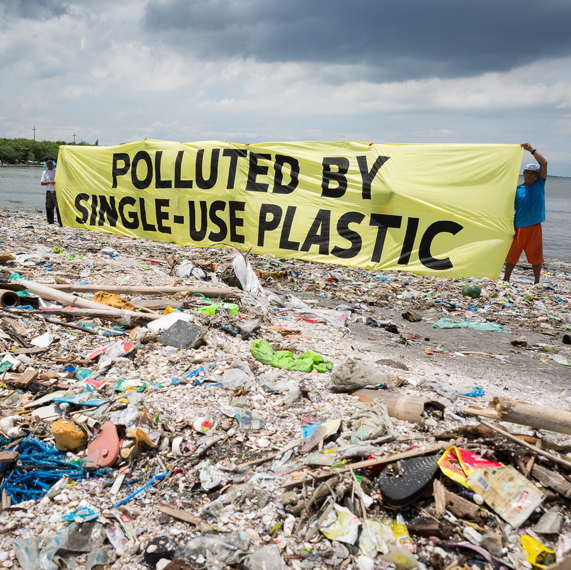
Why we need a UN Treaty on plastic pollution The Ellen MacArthur Foundation is a UK charity working on business, learning, insights & analysis, and communications to accelerate the transition towards the circular economy.
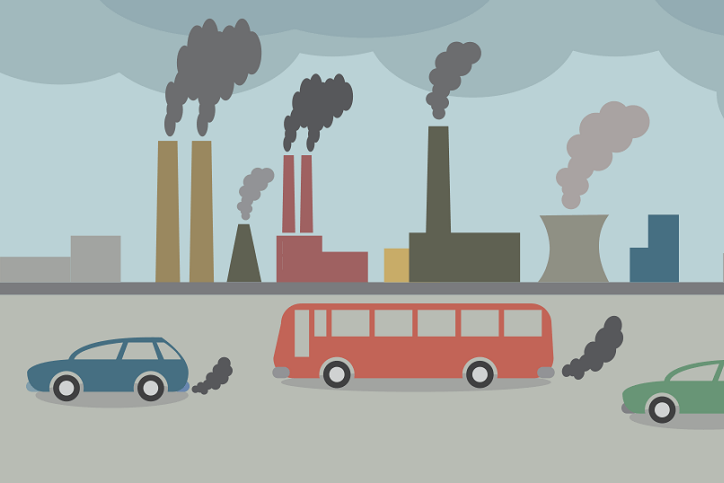
Air Pollution for Kids Air is all around us and we need it to survive.
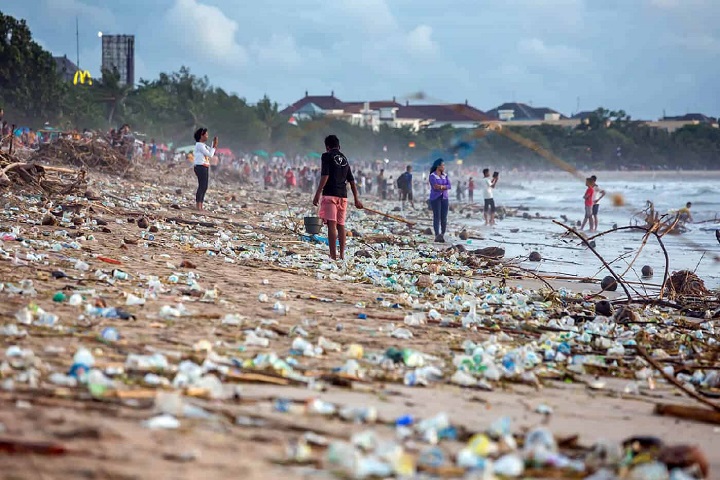
Why We Need to Stop Plastic Pollution? Our oceans are being filled and killed by throwaway plastics.
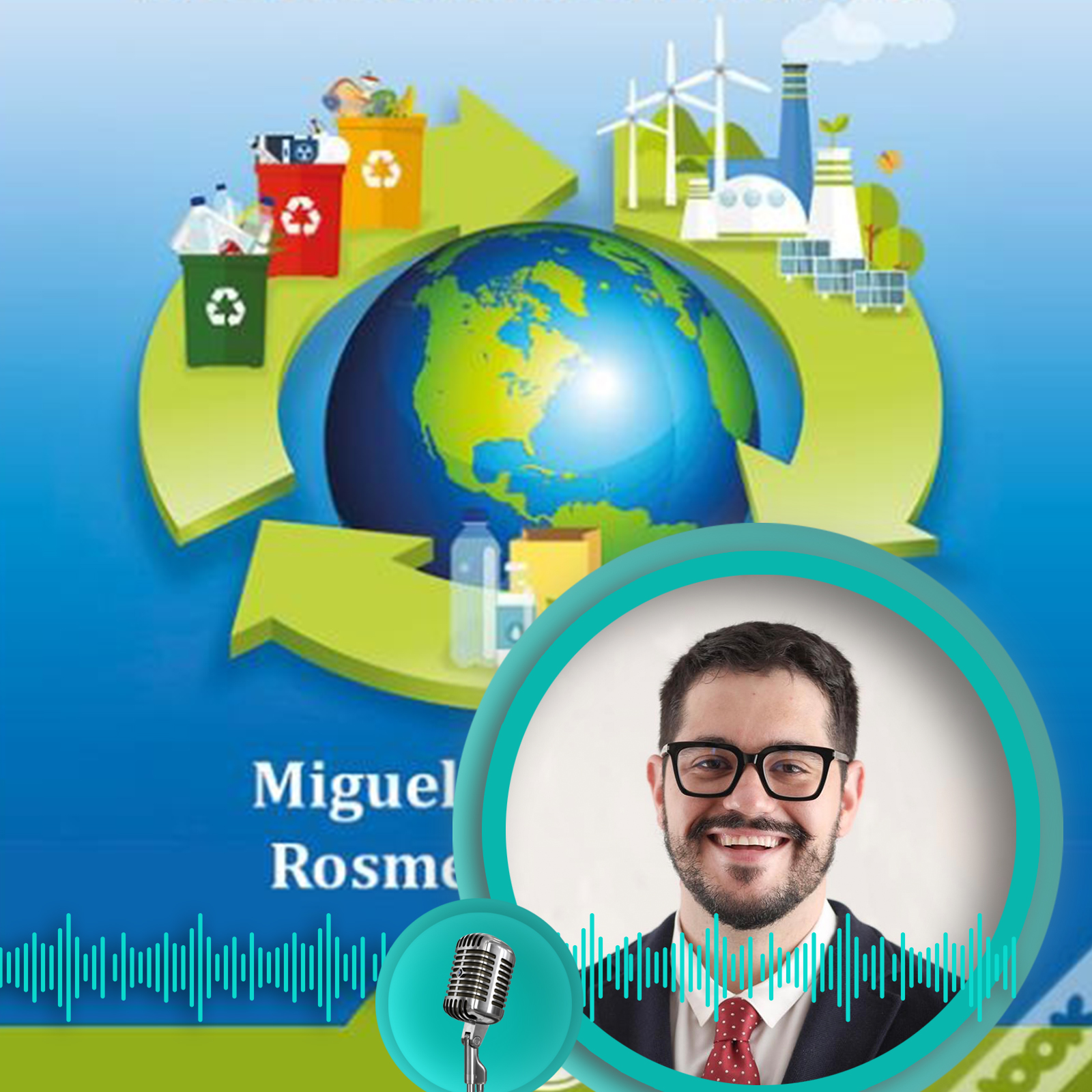
Climate Change, Ecological Crisis and Sustainability We are all agents for change in climate action.
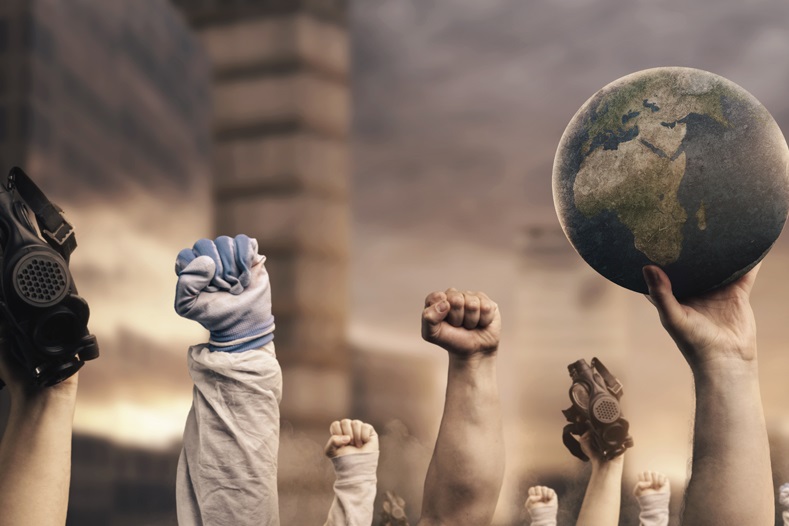
Climate Racism Climate Racism: Social Inequalities in the Age of Climate Change